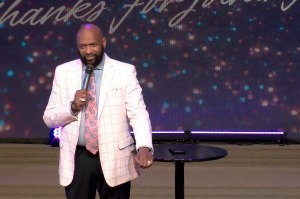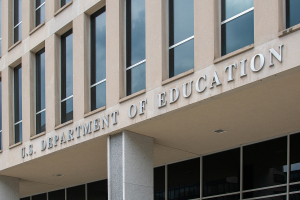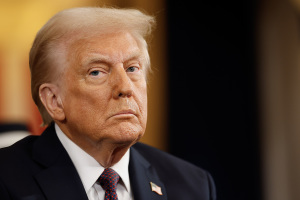Episcopal Church Files New Motion Against Breakaway SC Diocese
The Episcopal Church has filed a new motion against a diocese that broke away from the liberal mainline denomination over theological differences and the treatment of its bishop.
In a motion delivered Monday against the Episcopal Diocese of South Carolina, The Episcopal Church named four diocesan leaders including its bishop, the Rev. Mark Lawrence.
The Episcopal Church in South Carolina (TECSC), the group within the Diocese that remains with the national denomination, is arguing that the diocesan leadership violated state law.
In total, TECSC argues that South Carolina Diocese leaders have committed among other things a "Breach of Fiduciary Duty," "Breach of Contract," "Negligent Misrepresentation," "Fraud," and "Constructive Fraud."
"Bishop Lawrence, like the Bishops before him, had no more authority over the corporation than he inherited ecclesiastically under the bylaws, the Constitution and Canons of The Episcopal Church, as supplemented but not contravened by the Constitution and Canons of the Diocese," reads the motion in part.
"As such, he had no authority to discontinue the ecclesiastical operation of the corporation and block his transient authority as then-acting bishop from passing to the next ecclesiastical bishop of the Diocese; nor could he amend the purpose or bylaws of the corporation as to conflict with the Constitution and Canons of The Episcopal Church…"
In addition to Lawrence, the other three leaders named in the motion were The Rev. Jeff Miller former president of the diocesan Standing Committee; the Rev. Paul Fuener, current president of the Standing Committee; and the Rev. Jim Lewis, canon to the ordinary for the South Carolina Diocese.
"TECSC is entitled to a declaratory judgment that the ulna vires acts of the Additional Parties are null and void and that TECSC is entitled to control and elect the directors and officers of the Diocese's corporations and that it is entitled to all of the Diocese's property," continued the motion.
In an interview with The Christian Post, the Rev. Lewis said that the motion was "based upon false claims, bordering on the absurd," and represents "a complete reversal of the facts."
"TECSC has accused us of conspiracy to leave TEC. The reality has been our attempt to defend against continued and insidious intrusions by TEC into the life of this Diocese," said Lewis.
"Our resolutions were triggered only by their actions against us. The reality is that it was TEC's attack that brought us to this place. The Diocese wisely prepared for the assaults for which TEC has become known. This current motion is simply a continuation of that pattern."
Lewis also told CP that an official response was being prepared by the South Carolina Diocese and will be addressed in the next hearing, likely to occur in December.
Last year, the South Carolina Diocese voted to break away from The Episcopal Church. By January, legal battles began over who controlled the diocesan name, trademark, and property.
Thus far, the breakaway diocesan leadership has scored a couple important legal victories over the past several months. These include an injunction allowing them to be called the Diocese of South Carolina during the legal proceedings and having the case tried at the state level.
At present, the overall lawsuit over the name and property is in the process of "written discovery" and will likely not be decided until sometime next year.





























